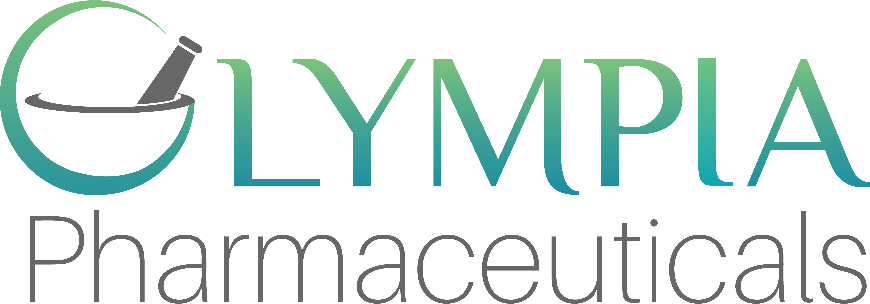At Olympia, we understand the practicality and importance of both 503A and 503B compounding pharmacy capabilities. Each of these designations of compounders has an important role to fill in today’s compounding landscape. With two separate, state-of-the-art facilities, we support both patient-specific and office-use needs across the U.S. This enables our customers to comply with all national and state regulatory requirements while having a single-source pharmacy partner.
We’ve summarized the key points that define both of these designations, the important differences between them and how to utilize both for the success of your business.
503A Pharmacy: Patient-Specific Medications
The FDA has designated 503A compounding pharmacies as those that compound patient-specific prescriptions and are required by state boards of pharmacy to comply with USP <797> and other guidelines. These facilities are limited to dispensing patient medications for home use and are not allowed to compound large batches, like those used in clinics, hospitals and surgery centers.
Here are a few key things 503A compounders can offer for your patients and practice or business:
- – Individualized and patient-specific medications
- – Precision, customized formulations
- – Enhanced patient care
- – Multiple dosage forms
503B Outsourcing Facility: Bulk- and Office-Use Medications
The FDA has designated 503B compounding pharmacies as outsourcing facilities that may manufacture large batches, with or without prescriptions, to be sold to healthcare facilities, clinics, hospitals and similar premises for office use. These facilities manufacture medications under the very strict FDA and current good manufacturing practices (cGMP) guidelines.
503B compounding pharmacies have unique and key offerings for your patients and your business:
- – In-office use/test dosing
- – Extended beyond use dates
- – Multi-dose use
- – Sterile medications
Compliance: 503A, 503B and the USP
The FDA and USP both have strict guidelines as to how 503A and 503B pharmacies may operate. Compliance is key since millions of doctors and patients use these pharmacies every year. Here are just a few of the different regulations and rules pharmacies must comply with under the FDA and the US Pharmacopeia, or USP.
503A Compliance
503A pharmacies have a variety of regulations they must adhere to and be in compliance with. These standards and regulations are important in protecting the health of patients who use pharmacies every day.
To be in compliance, 503A pharmacies must:
- – Comply with USP <795> and <797> along with state board of pharmacy regulations
- – Perform environmental monitoring every six months
- – Assign beyond use dating (BUD) when necessary based on internal or external scientific literature showing stability
503B Compliance
503B compounding pharmacies that provide patient-specific medications are held to much higher regulatory standards than 503A pharmacies. These facilities are required to maintain full compliance with CGMP.
To ensure standards, 503B pharmacies must:
- – Comply with USP <795> and <797> along with state board of pharmacy regulations and 21 CFR Part 210 and 211 (CGMP)
- – Develop and perform an environmental monitoring program at a minimum, per production shift in the ISO 5 primary compounding areas and weekly in the secondary compounding areas (ISO 7 and ISO 8)
- – Maintain their own quality department as an independent entity of operations and sales with complete autonomy for investigations and releasing products
- – Register with each state board of pharmacy, DEA (if applicable) and FDA and report their product list to FDA biannually
Conclusion
Staying in compliance with all federal and state regulations is critical for any medical facility, but pharmacies must be especially careful. The FDA, USP and states may all have different guidelines and regulations for how a compounding pharmacy may operate. That’s why we work with all of our customers across the U.S. as their single-source compounding pharmacy to stay in compliance, supporting both patient-specific and office-use needs.
Want to learn more? Olympia can help.
Info for Providers Info for Patients


